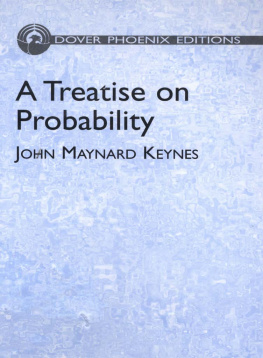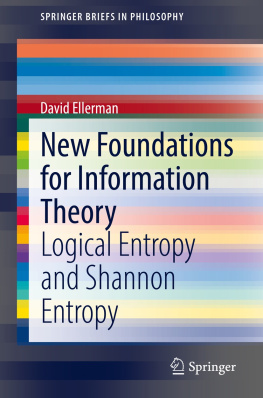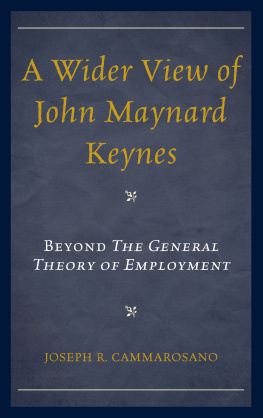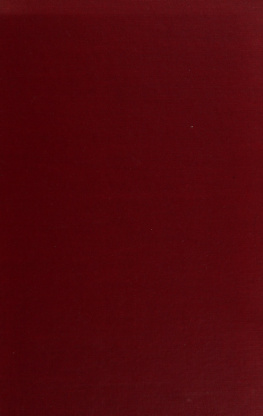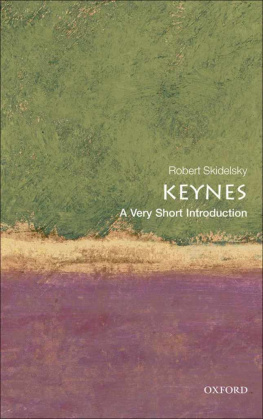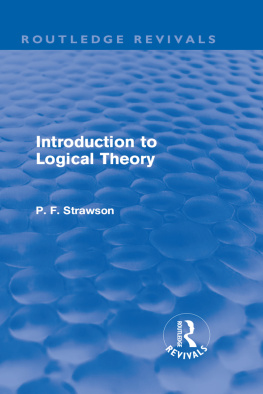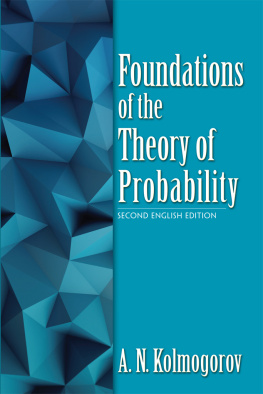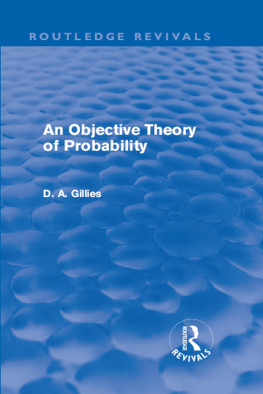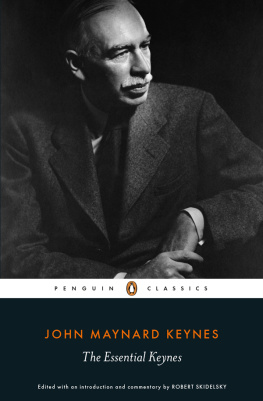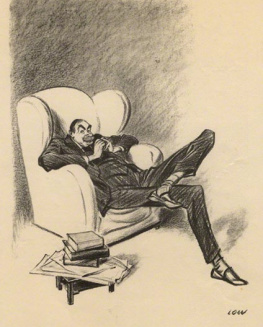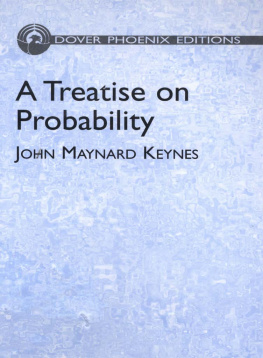BIBLIOGRAPHY
INTRODUCTION
There is no opinion, however absurd or incredible, which has not been maintained by some one of our philosophers.DESCARTES.
THE following Bibliography does not pretend to be complete, but it contains a much longer list of what has been written about Probability than can be found elsewhere. I have hesitated a little before burdening this volume with the titles of many works, so few of which are still valuable. But I was myself much hampered, when first I embarked on the study of this subject, by the absence of guide-posts to the scattered but extensive literature of the subject; and a list which I drew up for my own convenience, without much attention to bibliographical nicety or to exact uniformity in the style of entry, may be useful to others.
It is rather an arbitrary matter to decide what to include and what to exclude. Probability overlaps many other topics, and some of the most important references to it are to be found in books, the main topic of which is something else. On the other hand it would be absurd to include every casual reference; and no useful purpose would have been served by cataloguing the very numerous volumes dealing with Insurance, Games of Chance, Statistics, Errors of Observation, and Least Squares, which treat in detail these various applications of the Theory of Probability. It has been a matter of some difficulty, therefore, to know precisely where to draw the line. Where the main subject of a book or paper is Probability proper, I have included it, nearly regardless of my own view as to its importance, and have not attempted to act as censor; but where Probability is not the main subject or where an application of Probability is concerned, the chief interest of which is solely in the application itself, I have only included the entry where I think it important, intrinsically or historically or from the celebrity of the author. In particular, the existence of Professor Mansfield Merrimans very extensive bibliography, published in the Transactions of the Connecticut Academy for 1877, has made it possible to deal very lightly (and to the extent of but few entries) with the inordinately large literature of Least Squares. This list comprises 408 titles of writings relating to the Method of Least Squares and the theory of accidental errors of observation, and is sufficiently exhaustive so far as relates to memoirs on this topic published before 1877.
Of bibliographical sources for Probability proper, Tod-hunters History of the Mathematical Theory of Probability and Laurents Calcul des probabilites are alone important. Of mathematical works published before the time of Laplace, Todhunters list, and also his commentary and analysis, are complete and exact,a work of true learning, beyond criticism. The bibliographical catalogue at the conclusion of Laurents Calcul (published in 1873) is the longest list published hitherto of general works on Probability. But it is unduly swollen by the inclusion of numerous items on Insurance and Errors of Observation, the bearing of which on Probability is very slight; it is chiefly mathematical in bias; and it is now nearly fifty years old.
I have not read all these books myself, but I have read more of them than it would be good for any one to read again. There are here enumerated many dead treatises and ghostly memoirs. The list is too long, and I have not always successfully resisted the impulse to add to it in the spirit of a collector. There are not above a hundred of these which it would be worth while to preserve,if only it were securely ascertained which these hundred are. At present a bibliographer takes pride in numerous entries; but he would be a more useful fellow, and the labours of research would be lightened, if he could practise deletion and bring into existence an accredited Index Expurgatorius. But this can only be accomplished by the slow mills of the collective judgment of the learned; and I have already indicated my own favourite authors in copious footnotes to the main body of the text.
The list is long; yet there is, perhaps, no subject of equal importance and of equal fascination to mens minds on which so little has been written. It is now fifty-five years since Dr. Venn, still an accustomed figure in the streets and courts of Cambridge, first published his Logic of Chance; yet amongst systematic works in the English language on the logical foundations of Probability my Treatise is next to his in chronological order.
The student will find many famous names here recorded. The subject has preserved its mystery, and has thus attracted the notice, profound or, more often, casual, of most speculative minds. Leibniz, Pascal, Arnauld, Huygens, Spinoza, Jacques and Daniel Bernoulli, Hume, DAlembert, Condorcet, Euler, Laplace, Poisson, Cournot, Quetelet, Gauss, Mill, Boole, Tchebychef, Lexis, and Poincar, to name those only who are dead, are catalogued below.

ABBOTT, T. K. On the Probability of Testimony and Arguments. Phil. Mag. (4), vol. 27, 1864.
ADRAIN, R. Research concerning the Probabilities of the Errors which happen in making Observations. The Analyst or Math. Museum, vol. 1, pp. 93-109, 1808.
[This paper, which contains the first deduction of the normal law of error, was partly reprinted by Abb with historical notes in Amer. Journ. Sci. vol. i. pp. 411-415, 1871.]
AMMON, O. Some Social Applications of the Doctrine of Probability. Joura. Pol. Econ. vol. 7, 1899.
AMPRE. Considrations sur la thorie mathmatique du jeu. Pp. 63. 4to. Lyon, 1802.
ANCILLON. Doutes sur les bases du calcul des probabilits. Mm. Ac. Berlin, pp. 3-32, 17945.
ARBUTHNOT, J. Of the Laws of Chance, or a Method of Calculation of the Hazards of Game plainly Demonstrated. 16mo. London, 1692.
[Contains a translation of Huygens, De ratiociniis in ludo aleae.]
4th edition revised by John Hans. By whom is added a demonstration of the gain of the banker in any circumstance of the game calld Pharaon, etc. Sm. 8vo. London, 1738.
[For a full account of this book and discussion of the authorship, see Todhunters History, pp. 48-53.]
An Argument for Divine Providence, taken from the constant Regularity observd in the Births of both Sexes. Phil. Trans, vol. 27, pp. 186-190(1710-12).
[Argues that the excess of male births is so invariable, that we may conclude that it is not an even chance whether a male or female be born.]
ARISTOTLE. Anal. Prior, ii. 27, 70a 3.
Rhet. i. 2, 1357 a 34. [See Zellers Aristotle for further references.]
ARNAULD. (The Port Royal Logic.) La Logique ou lArt de penser. 12mo. Paris, 1662. Another ed. C. Jourdain, Hachette, 1846. Transl. into Eng. with introduction by T. S. Baynes. London, 1851. xlvii + 430. See especially pp. 351-370.
BABBAGE, C. An Examination of some Questions connected with Games of Chance. 4to. 25 pp. Trans. R. Soc. Edin., 1820.
BACHELIER, LOUIS. Calcul des probabilits. Tome i. 4to. Pp. vii+ 517. Paris, 1912.
Le Jeu, la chance, et le hasard. Pp. 320. Paris, 1914.
[BAILEY, SAMUEL.] Essays on the pursuit of truth, on the progress of knowledge and on the fundamental principle of all evidence and expectation. Pp. xii+ 302. London, 1829.
BALDWIN. Dictionary of Philosophy. Bibliographical volumes; s.v. Probability.
BANIOL, A. Le Hasard. Revue Internationale de Sociologie. Pp. 16. 1912.
BARBEYRAC. Trait du jeu. 1st ed. 1709. 2nd ed. 1744.
[Todhunter states (p. 196) that Barbeyrac is said to have published a discourse Sur la nature du sort.]
BAYES, THOMAS. An Essay towards solving a Problem in the Doctrine of Chances. Phil. Trans, vol. liii. pp. 370-418, 1763. A demonstration, etc. Phil. Trans, vol. liv. pp. 296-325, 1764.
Next page
